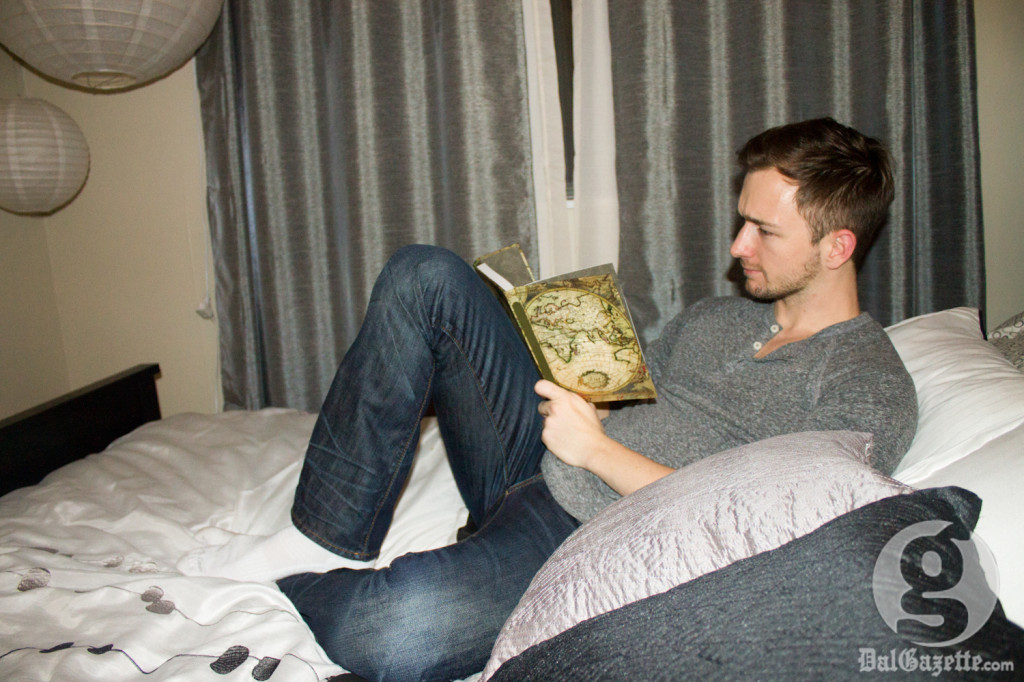
It’s a rare moment of solitude in my apartment, the crisp winter sun streaming through the window above my desk and refracting through the steam rising from the coffee at my elbow. I’m indulging in one of my more meditative hobbies: filling the pages of my hand-written journal. It’s a practice I try to make space for daily. Even a few moments devoted to gliding pen across paper, reflecting on the previous day’s experience and my aspirations for the day to come, has a soothing impact on my mind. I have no doubt that diary-writing, like eating well, staying fit, and making time for family and friends, is valuable to maintaining my sense of well-being. Recently, though, I have begun to think that the private practice might also have value on a larger scale.
Diaries record a personal perspective on the events of a particular place and time, and therefore offer a unique contribution to the historical record. More engaging than simple facts, diaries capture a span of time from an individual vantage point. If the aim of studying our past is not just to memorize a string of milestones, but rather to understand the nuanced experience of human life, the diary is an invaluable historical record.
The directors of The Great Diary Project, based in the UK, agree. Following the belief that ‘diaries are among our most precious item of heritage,’ they strive to collect and preserve as many diaries as possible. The content of these journals are freely available to researchers or other interested readers. The aim is to capture, through a collection of individual perspectives, the essence of life in our current time.
Still, with a few notable exceptions (Anne Frank’s The Diary of a Young Girl springs to mind) using diaries to convey an historical viewpoint is not common practice. Diaries may be less accurate than formal texts, especially if written by those untrained in history or academic record keeping. It’s also reasonable to argue that a single personal story is biased (though a collection of journals covering the same time and place might resolve this issue). Perhaps the strongest aversion to sharing diaries stems from their typically private nature. When considering journals written long ago, however, the intimate insight that follows from reading another person’s diary provides a sense of connection with history.
Is our experience as individuals more accurately preserved by a recitation of the events of our lives or by our own immediate perceptions of them? By incorporating diaries into the historical record, we stand to preserve the human experience. Diaries flesh out an objective overview of facts with a collection of perspectives that will conserve the individuality of that experience.
Would you donate your diary to posterity? It’s a question to ponder, perhaps during my next session of writing by the window.


Recent Comments